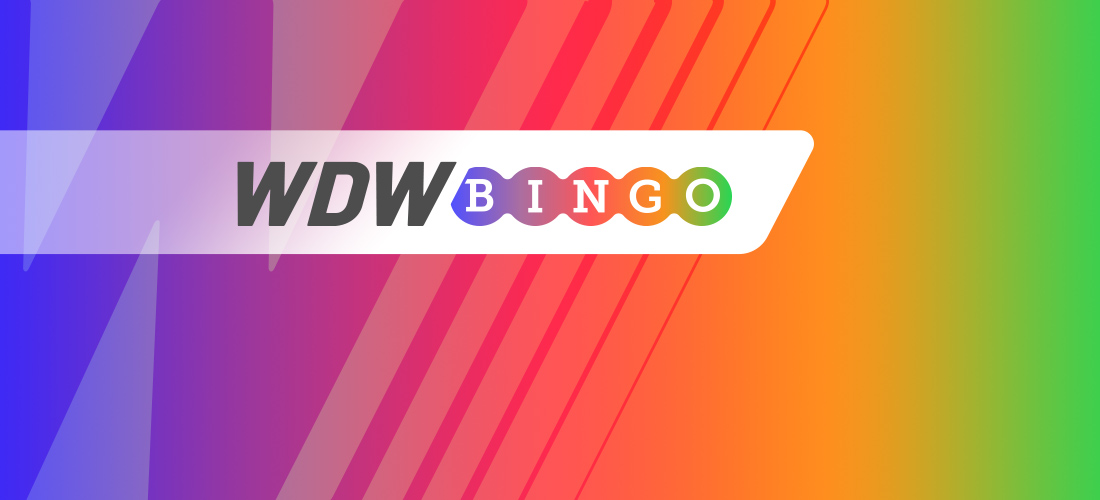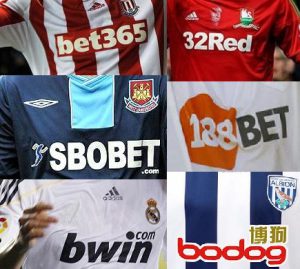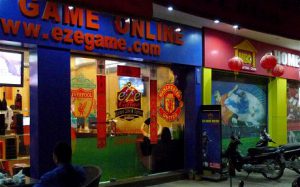
Big Bingo Brands vs. Little Sites: An Analysis
 The Monopoly on Online Bingo
The Monopoly on Online Bingo
In any industry, any market, it’s usually the case that big brands and established corporations have the monopoly. Take Sainsburys and Tesco for instance, whose dominance has caused some controversy over the years due to running smaller, independent supermarkets out of business. Well, the same is true for online bingo. Of the top 20 bingo operators, Tombola dominate the market most, followed closely by Mecca, Gala and Paddy Power. But why is this? And how does it effect small scale competitors?
There are several ways of calculating market dominance. The most direct is market share. This is the percentage of the total market served by a firm or brand. According to the Stickyeyes market intelligence report in July-December 2011, bingo gets only 17% of online gambling market share, outstripped hugely by casinos and sports books. Therefore, we can see that bingo is a small niche within the gambling industry. The target audience is already limited, making competition over those few players all the more fierce.
 Big brands are able to dominate most of this audience thanks to big budget advertising campaigns, using TV adverts, hosting promotional events and taking all the best prominent exposure positions. This leaves independent companies out of the spotlight, simply because they can afford it. A great example of these expensive, effective marketing campaigns is sport sponsorships, used by companies like Paddy Power and Betfair. All of the UK is a bit footie-mad, so when your favourite team comes charging onto the pitch with “Paddy Power” written across their jerseys, your going to associate your love for the team with love for that brand.
Big brands are able to dominate most of this audience thanks to big budget advertising campaigns, using TV adverts, hosting promotional events and taking all the best prominent exposure positions. This leaves independent companies out of the spotlight, simply because they can afford it. A great example of these expensive, effective marketing campaigns is sport sponsorships, used by companies like Paddy Power and Betfair. All of the UK is a bit footie-mad, so when your favourite team comes charging onto the pitch with “Paddy Power” written across their jerseys, your going to associate your love for the team with love for that brand.
Social Media is another important factor to brand dominance, a good example of which is Tombola. Just look at the brand’s Facebook page, which is updated several times a day with competition details, exclusive offers and even irrelevant fun stuff for fans to giggle at. No wonder it has almost 90,000 likes! It was only yesterday that the very same Facebook page exploded with activity over Tombola’s Blackpool Big One competition.
Another factor of brand dominance is word of mouth/reputation. If you’ve heard of about company before from a friend, particularly if its someone you trust, then you’ll feel safer using their services yourself. Furthermore, the more well known a brand is anyway, the more business they are likely to get. This is the network effect. There is a direct relationship between the proportion of people using a product and the demand for that product. In other words, the use of a product by one person can increase the value of that product in the eyes of other people. This effect accounts for fads, fashion trends, gadgets, etc, right down to which online bingo site you use.
Thanks to modern culture and technology, big companies have yet another foothold they can use to draw customers; they make their brand viral. Going back to Paddy Power as an example, they are famous for their controversial marketing tactics like “kick the cat football” and “shoot the chavs at Cheltenham”. Though this impression on the audience is overall negative, it does get people talking, it shocks them and it gets them to remember the brand. Paddy Power’s many YouTube subscribers and their successfully trending hashtags on Twitter only reinforce this viral fame. In fact, the official job title of Paddy Power’s marketing boss is “Head of Mischief”! However, if a smaller brand tried to use these tactics, they would likely either fail from lack of man power to pull off large scale schemes, or would suffer from the negative publicity without a viral reputation and resources to back them up.
 On another note, part of Tombola’s success could be put down to boasting the best visibility in online searches for bingo. By deploying both ppc and organic search strategies, they generate a click share of 11.9%. As a gambling giant, they have a big budget to work with, which will allow them to spend more on certain key words, maintaining their high position in search results. They can also outsource to other companies, who specialise in optimising sites for specific searches, which can be very expensive. However, some smaller, independent sites have had success in search results without big budget funding, such as BootyBingo, so perhaps there are exceptions.
On another note, part of Tombola’s success could be put down to boasting the best visibility in online searches for bingo. By deploying both ppc and organic search strategies, they generate a click share of 11.9%. As a gambling giant, they have a big budget to work with, which will allow them to spend more on certain key words, maintaining their high position in search results. They can also outsource to other companies, who specialise in optimising sites for specific searches, which can be very expensive. However, some smaller, independent sites have had success in search results without big budget funding, such as BootyBingo, so perhaps there are exceptions.
 Besides online marketing, a monopoly is also created from high street betting shops and land based bingo halls. If familiar with a brand in day to day life, then bingo players are more likely to trust that brand and use it online as well. Again, only big budget companies are able to make such a large investment as buying property, putting smaller sites at a disadvantage. The upcoming merger of iconic companies Coral and Ladbrokes will only reinforce this issue, as combining their chains creates a total of over 3,000 betting shops/bingo halls owned in the UK, by the same company. Mind you, legislative changes like the smoking ban and restrictions on gaming machines in clubs have led to falling admission numbers and falling revenue from stake money and ancillary activities.
Besides online marketing, a monopoly is also created from high street betting shops and land based bingo halls. If familiar with a brand in day to day life, then bingo players are more likely to trust that brand and use it online as well. Again, only big budget companies are able to make such a large investment as buying property, putting smaller sites at a disadvantage. The upcoming merger of iconic companies Coral and Ladbrokes will only reinforce this issue, as combining their chains creates a total of over 3,000 betting shops/bingo halls owned in the UK, by the same company. Mind you, legislative changes like the smoking ban and restrictions on gaming machines in clubs have led to falling admission numbers and falling revenue from stake money and ancillary activities.
Independent portals seem to do much better then independent sites, with Loquax, Bingoport and WhichBingo being very successful, despite the relatively small size of each company behind them. This could be due to Gambling commission licensing legal barriers. Legal rights can often provide opportunity to monopolise the market of a good. In this case, it is so difficult to obtain a license for online gambling, that smaller companies just don’t have the resources to press ahead with the application. This gives the larger companies, who do have the resources, exclusive control of gambling games. Smaller companies have to settle for pushing other bingo sites, as it illegal to operate their own.
However, with any luck bingo could become a more competitive, egalitarian market in the future. It is beginning to reach a younger audience, which could create growing opportunities for independent companies to grab a slice of the profits. A younger, more affluent crowd of players means that, while still a niche activity at heart (between 3-4 million players), online bingo has become a more dynamic market. Hopefully, this will result in increased investment in facilities, games and technology for smaller, relatively unknown companies.